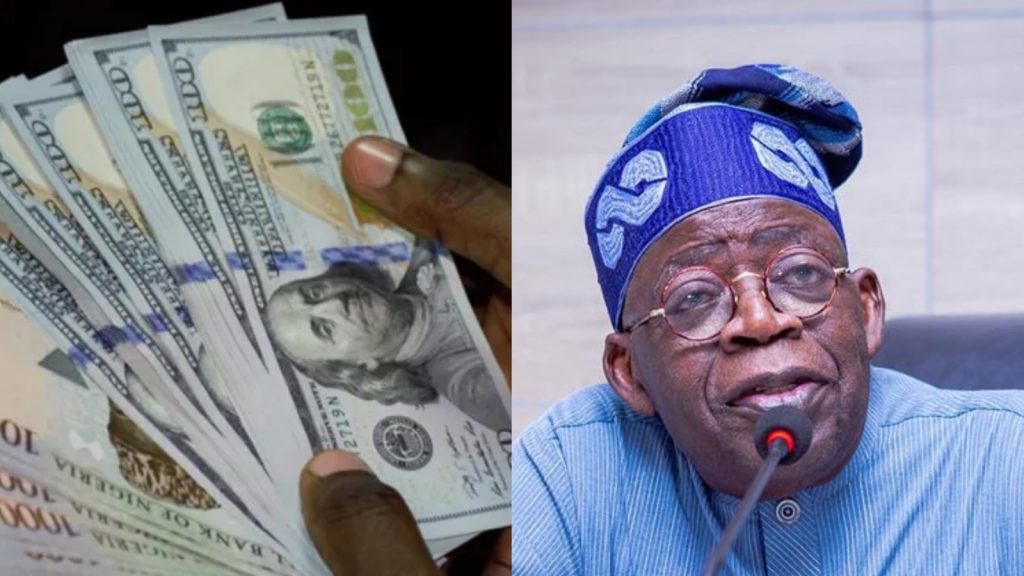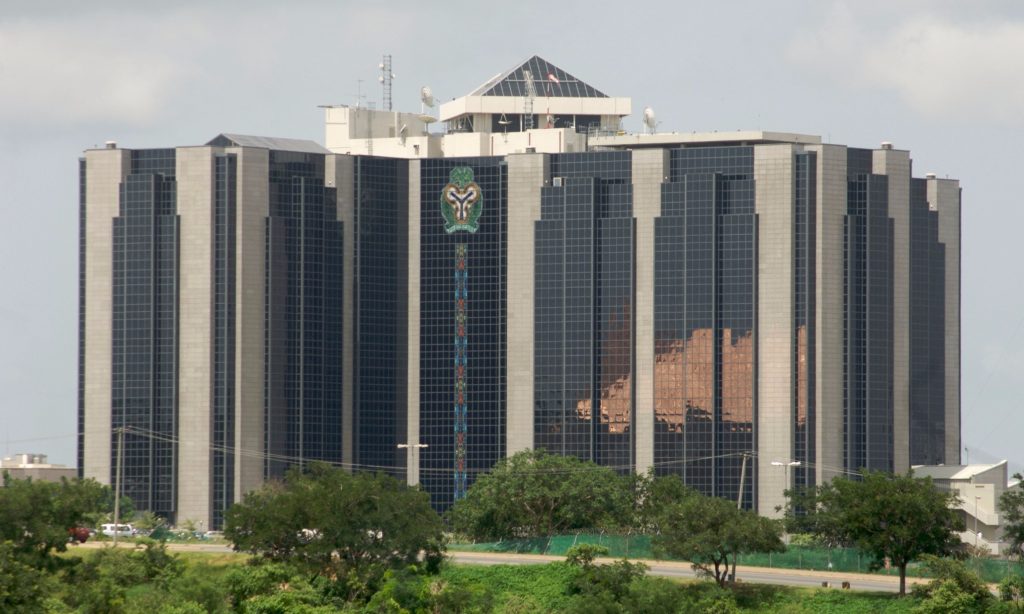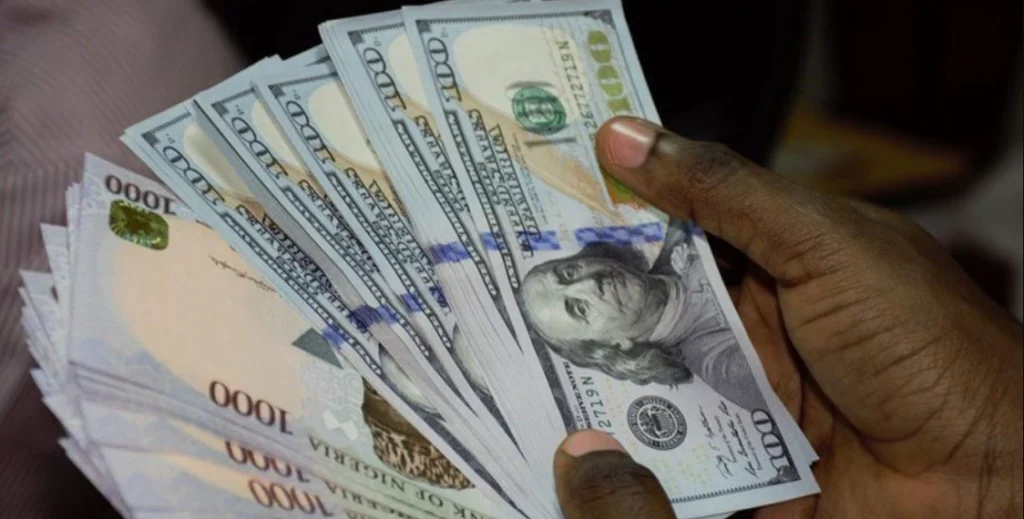For those making plans to japa, do not bet on the exchange rate dropping below ₦1,500 to the dollar. Tinubu’s government has already fixed the naira-to-dollar exchange rate at ₦1,500 for the foreseeable future.
Don’t Hold Your Breath
In the 2025 budget presented to a joint session of the National Assembly on December 24, 2024, President Bola Tinubu pegged the exchange rate at ₦1,500/$1. In other words, his government has structured its spending, debt repayments and revenue projections around this rate. For the naira to strengthen beyond ₦1,500 would upend their plans.
This is nothing short of a clear signal that the naira’s freefall was all along state-sanctioned. In other words, forget it. For those making plans to japa, do not bet on the exchange rate dropping below ₦1,500 to the dollar. The FG will do everything within their power to prevent this from happening.

Why the Government Needs the Naira at ₦1,500
a) ₦1,500/$1 is a Safe Rate
The 2025 budget of ₦47.9 trillion hinges on the ₦1,500/$1 forecast. A stronger naira would reduce the naira value of our dollar-denominated oil revenues. In turn, this would create massive deficits that would make the government unable to fulfil its fiscal obligations. On the other hand, a weaker naira would spike debt servicing costs, as 42% of Nigeria’s external debt is dollar-denominated.
Simply put, the government has boxed itself into a corner; ₦1,500 is the only “safe” rate. The role of the CBN in all this is to make sure it doesn’t spiral away from ₦1,500.
b) Let’s be honest, the government benefits the most from inflation
While Tinubu projected inflation to drop from 34.6% to 15% in 2025, he ignored a key detail: his own government benefits from inflation. Higher exchange rates mean inflated tax revenues from VAT and import duties. A stronger naira would ease inflation but slash nominal GDP growth, a tradeoff policymakers won’t risk.
c) It is supported by a Central Bank that prioritizes government needs over those of the citizenry
The CBN’s “market-driven” forex policy is anything but market-driven. By rationing dollars to banks and forex dealers and prioritizing government needs, it artificially props up the naira. Its recent moves to unify rates and clear FX backlogs are performative as dollar scarcity persists and liquidity remains a myth.

The CBN’s Actions Around the Naira are Mostly Smoke And Mirrors
The government is living in a fantasy world regarding the oil market
Tinubu’s budget assumes 2.06 million barrels/day of oil production, up from the current ~1.4 million. But oil theft, ageing infrastructure, rampant corruption and underinvestment make this target laughable. Even if achieved, global oil prices are volatile and Nigeria’s reliance on imported fuel, despite Dangote Refinery, will continue to drain its forex reserves.
Foreign investors are not buying the hoax
The government hopes to lure foreign portfolio investments (FPIs) with high-interest rates. But FPIs require currency stability, something the naira hasn’t offered in years. Hot money will flee at the first sign of volatility, which leaves the CBN back at square one.
The ₦1,500/$1 budget peg isn’t an economic forecast, it’s a necessary evil.
The government will do just about everything, including manipulating rates, restricting forex access and clinging to oil fantasies to avoid collapse. For ordinary Nigerians, this means relentless inflation, stagnant wages, and a currency held hostage by bad policies. Tinubu’s “optimism” is a survival tactic, not a plan. Until Nigeria confronts its addiction to imports, oil reliance and fiscal recklessness, the naira’s floor will remain ₦1,500.
Anything stronger is a mirage.
Do you agree or not? Leave us a comment. We’d like to hear your thoughts.

Stay In the Know
Asake: It Takes A Village to Go Broke: Was Asake the victim of blackmail?
Millionaires Made In Nigeria’s Prisons: The mental image weof prisoners are scrawny and impoverished young men huddled together in squalid cells. While that is certainly true, there’s a silver lining to it.
The Worst Business Ideas Nigerians Regret Starting: Not every business is profitable. Nigerians share their worst business failures. Learn what went wrong and how to avoid their mistakes.












